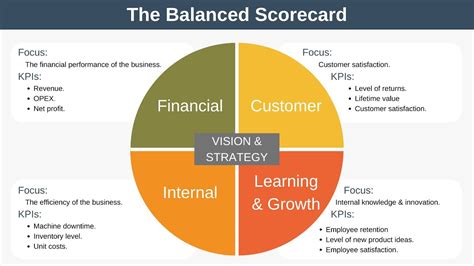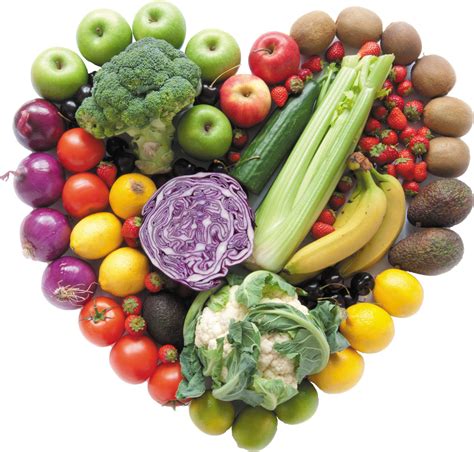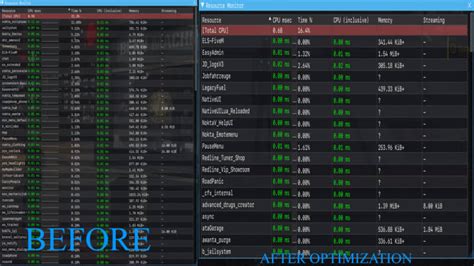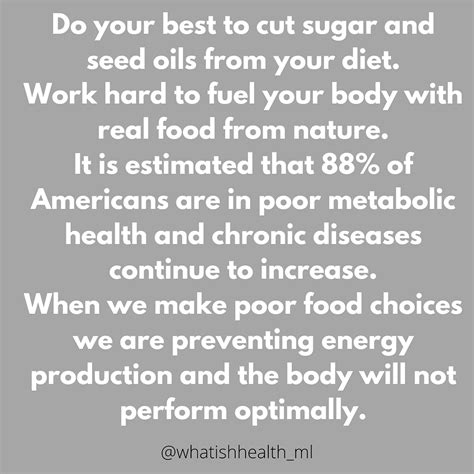The quest for sustained energy and unwavering focus is a common modern challenge, often sabotaged by poor dietary choices that lead to frustrating midday crashes. Optimizing your diet isn’t about restrictive eating; it’s about intelligent food choices that fuel your body and brain consistently, preventing the sugar spikes and dips that drain your vitality. Let’s delve into the core principles for achieving lasting energy and razor-sharp concentration.
Balance Your Macronutrients
A foundational step to stable energy is ensuring a proper balance of carbohydrates, proteins, and fats in every meal. Each plays a crucial role in your energy metabolism, and an imbalance can send your system into disarray. Skipping one or overindulging in another can lead to rapid energy surges followed by debilitating crashes.

Smart Carbohydrate Choices
Carbohydrates are your body’s primary energy source, but not all carbs are created equal. Opt for complex carbohydrates like whole grains, fruits, and vegetables. These foods have a lower glycemic index, meaning they release glucose into your bloodstream slowly and steadily, providing a consistent energy supply without the dramatic spikes and subsequent crashes associated with refined sugars and processed carbs. Think oats, quinoa, brown rice, sweet potatoes, and a rainbow of fresh produce.
Power Up with Lean Proteins
Protein is essential for building and repairing tissues, and it also plays a significant role in satiety and sustained energy. Incorporating lean protein sources into each meal helps slow down the digestion of carbohydrates, further stabilizing blood sugar levels. Good choices include chicken breast, fish, eggs, legumes, tofu, and Greek yogurt. Protein also aids in producing neurotransmitters crucial for focus and mood regulation.
Embrace Healthy Fats
Contrary to outdated beliefs, healthy fats are vital for brain function, hormone production, and sustained energy. They provide a dense, slow-burning fuel source that keeps you feeling full and energetic for longer. Incorporate sources like avocados, nuts, seeds, olive oil, and fatty fish (like salmon) into your diet. These fats are also crucial for absorbing fat-soluble vitamins, contributing to overall well-being.
The Importance of Hydration
Often overlooked, adequate hydration is paramount for energy and focus. Even mild dehydration can lead to fatigue, reduced concentration, and headaches. Make water your primary beverage and aim for at least 8 glasses a day, more if you’re active. Herbal teas and water-rich foods like fruits and vegetables also contribute to your daily intake.

Strategic Meal Timing
When you eat is almost as important as what you eat. Instead of large, infrequent meals that can overwhelm your digestive system and lead to energy dips, aim for smaller, more frequent meals and snacks. This approach keeps your blood sugar stable throughout the day and ensures a continuous supply of nutrients to your brain and muscles. Try to eat every 3-4 hours.

Minimize Sugar and Processed Foods
The quickest route to a midday crash is a diet high in refined sugars and processed foods. These items cause rapid blood sugar spikes, followed by an equally sharp decline, leaving you feeling sluggish, irritable, and unfocused. Read labels carefully and limit your intake of sugary drinks, pastries, candies, and highly processed snacks. Opt for whole, unprocessed foods whenever possible.
Mindful Eating and Listening to Your Body
Beyond the specific food choices, practicing mindful eating can significantly impact your energy and focus. Pay attention to your body’s hunger and fullness cues. Eat slowly, savor your food, and avoid distractions. This helps your body properly digest nutrients and signals your brain when you’ve had enough, preventing overeating that can lead to sluggishness. Experiment with different foods to understand how your body reacts and what truly fuels you best.

Conclusion
Optimizing your diet for sustained energy and focus is a journey of intentional choices. By balancing macronutrients, prioritizing complex carbs, lean proteins, and healthy fats, staying hydrated, timing your meals strategically, and minimizing processed foods, you can effectively eliminate those dreaded midday crashes. The reward isn’t just consistent energy; it’s enhanced cognitive function, improved mood, and a greater overall sense of well-being that empowers you to thrive throughout your day.




